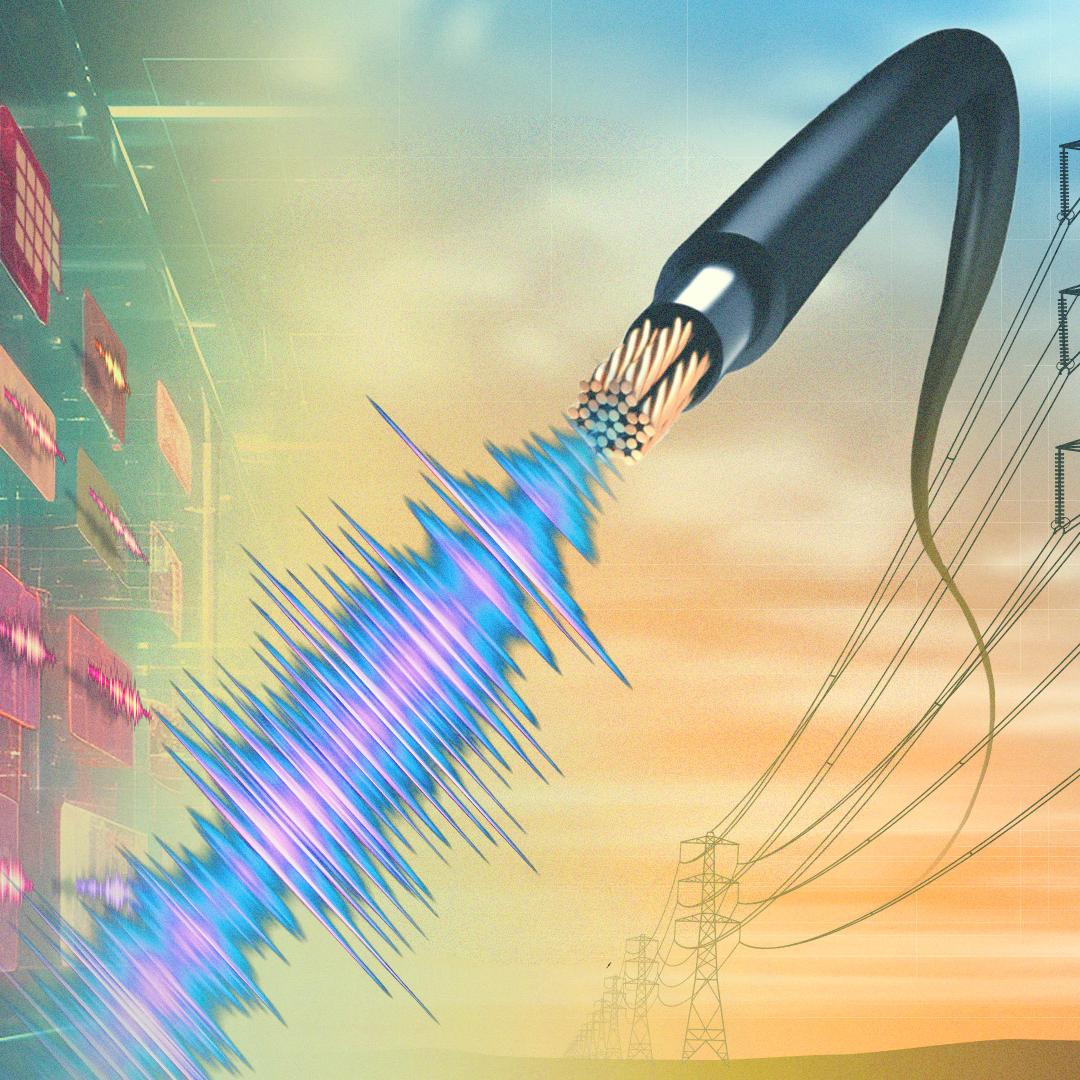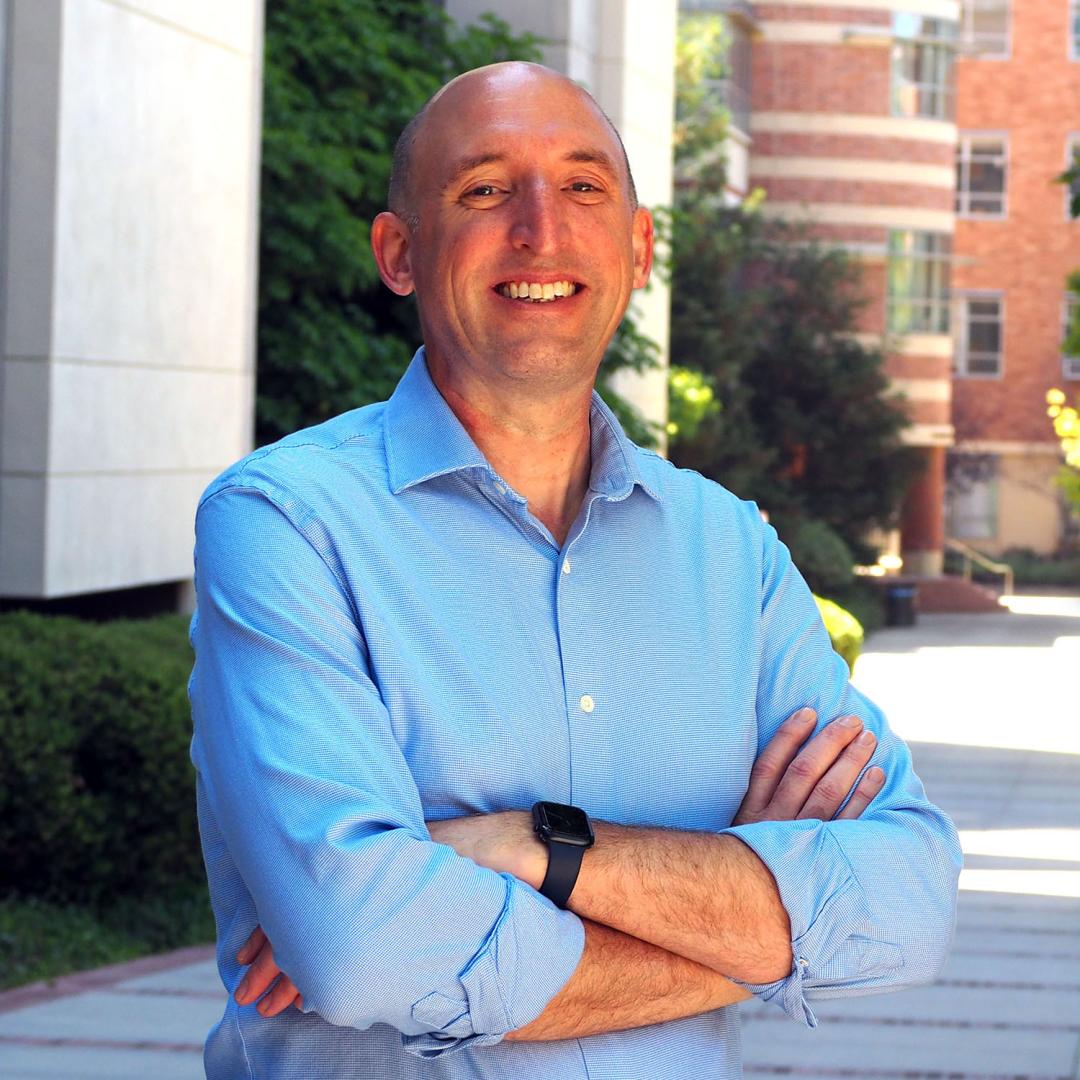
Filter News
Area of Research
- Advanced Manufacturing (2)
- Biology and Environment (30)
- Clean Energy (70)
- Electricity and Smart Grid (2)
- Functional Materials for Energy (1)
- Fusion and Fission (10)
- Fusion Energy (2)
- Materials (29)
- Materials for Computing (7)
- National Security (8)
- Neutron Science (5)
- Nuclear Science and Technology (9)
- Quantum information Science (1)
- Supercomputing (39)
News Type
News Topics
- (-) Advanced Reactors (20)
- (-) Frontier (40)
- (-) Grid (40)
- (-) Hydropower (5)
- (-) Molten Salt (3)
- (-) Polymers (21)
- (-) Sustainable Energy (78)
- 3-D Printing/Advanced Manufacturing (87)
- Artificial Intelligence (77)
- Big Data (35)
- Bioenergy (75)
- Biology (80)
- Biomedical (46)
- Biotechnology (18)
- Buildings (33)
- Chemical Sciences (54)
- Clean Water (15)
- Climate Change (74)
- Composites (16)
- Computer Science (144)
- Coronavirus (34)
- Critical Materials (13)
- Cybersecurity (32)
- Decarbonization (67)
- Education (4)
- Element Discovery (1)
- Emergency (2)
- Energy Storage (72)
- Environment (146)
- Exascale Computing (36)
- Fossil Energy (5)
- Fusion (44)
- High-Performance Computing (74)
- Irradiation (1)
- Isotopes (47)
- ITER (4)
- Machine Learning (36)
- Materials (108)
- Materials Science (98)
- Mathematics (6)
- Mercury (9)
- Microelectronics (3)
- Microscopy (37)
- Nanotechnology (44)
- National Security (56)
- Net Zero (12)
- Neutron Science (101)
- Nuclear Energy (85)
- Partnerships (43)
- Physics (52)
- Quantum Computing (30)
- Quantum Science (58)
- Renewable Energy (2)
- Security (22)
- Simulation (41)
- Software (1)
- Space Exploration (15)
- Statistics (2)
- Summit (51)
- Transformational Challenge Reactor (7)
- Transportation (57)
Media Contacts
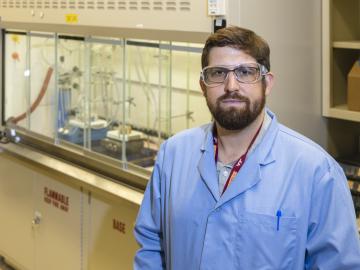
Chemist Jeff Foster is looking for ways to control sequencing in polymers that could result in designer molecules to benefit a variety of industries, including medicine and energy.
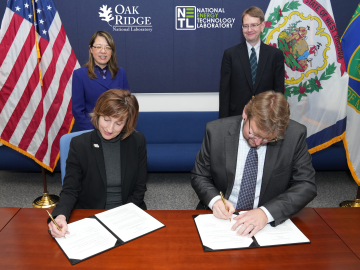
ORNL is teaming with the National Energy Technology Laboratory to jointly explore a range of technology innovations for carbon management and strategies for economic development and sustainable energy transitions in the Appalachian region.

The Center for Bioenergy Innovation has been renewed by the Department of Energy as one of four bioenergy research centers across the nation to advance robust, economical production of plant-based fuels and chemicals.

A partnership of ORNL, the Tennessee Department of Economic and Community Development, the Community Reuse Organization of East Tennessee and TVA that aims to attract nuclear energy-related firms to Oak Ridge has been recognized with a state and local economic development award from the Federal Laboratory Consortium.

Paul Langan will join ORNL in the spring as associate laboratory director for the Biological and Environmental Systems Science Directorate.
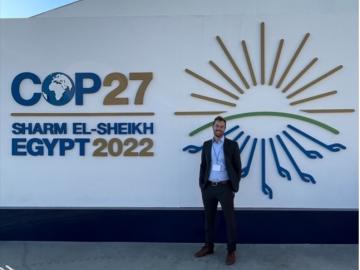
David McCollum, a senior scientist at the ORNL and lead for the lab’s contributions to the Net Zero World Initiative, was one of more than 35,000 attendees in Egypt at the November 2022 Sharm El-Sheikh United Nations Framework Convention on Climate Change, or UNFCCC, Conference of the Parties, also known as COP27.
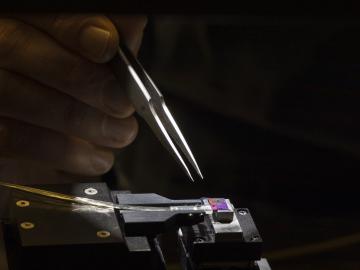
ORNL’s next major computing achievement could open a new universe of scientific possibilities accelerated by the primal forces at the heart of matter and energy.
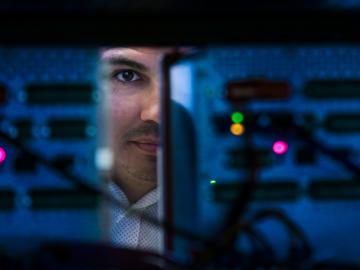
Although blockchain is best known for securing digital currency payments, researchers at the Department of Energy’s Oak Ridge National Laboratory are using it to track a different kind of exchange: It’s the first time blockchain has ever been used to validate communication among devices on the electric grid.
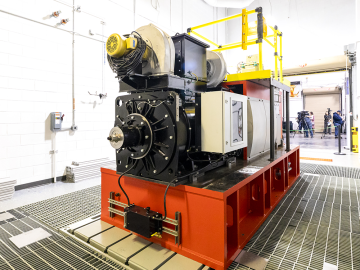
As the United States shifts away from fossil-fuel-burning cars and trucks, scientists at the Department of Energy’s Oak Ridge and Argonne national laboratories are exploring options for another form of transportation: trains. The research focuses on zero-carbon hydrogen and other low-carbon fuels as viable alternatives to diesel for the rail industry.
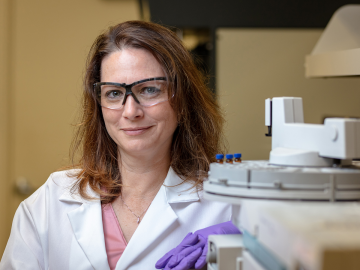
Laboratory Director Thomas Zacharia presented five Director’s Awards during Saturday night's annual Awards Night event hosted by UT-Battelle, which manages ORNL for the Department of Energy.


